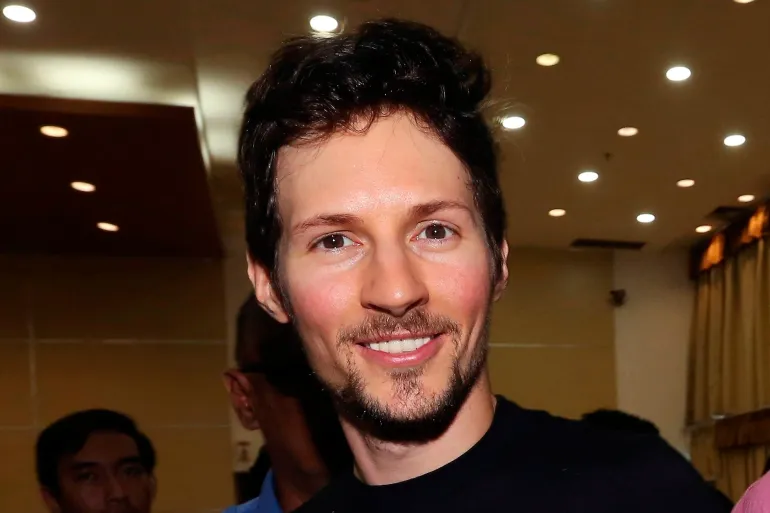Pavel Durov, the CEO of Telegram, made his first remarks after being arrested at Le Bourget Airport, which is close to Paris. Durov stated that Telegram is not the “anarchic paradise” as some have depicted, calling the charges made against him a “misguided approach.”
“Using laws from the pre-smartphone era to charge a CEO with crimes committed by third parties on the platform he manages is a misguided approach,” Durov wrote in a post on Telegram.
Read also: French president denies political involvement in Telegram’s CEO arrest
On August 24, 2024, after arriving in France, Durov, an entrepreneur of Russian descent and the creator of the messaging software Telegram, was placed under arrest. The arrest coincided with a French government probe into Telegram’s purported lack of content control, which they contend enabled illegal network activity.
Concerns about whether Durov could be held personally liable for user-posted unlawful information arose after French media outlets reported that he was being questioned.
Durov’s insights on legal communication and arrest
In his statement, Durov gave various explanations for his surprise at the arrest. He mentioned that there are other ways for French authorities to contact him directly and that Telegram has an official agent in the EU that deals with legal enquiries.
Durov emphasised his prior collaboration with French authorities, which included aiding in creating a hotline for matters about terrorism.
As a platform, you want to ensure that your procedures are followed consistently worldwide and not misused in nations with lax legal protections. To strike the ideal balance, we’ve been dedicated to working with regulators,” he stated.
Read also: #FreeDurov trends on X as campaign for the release of the Telegram’s CEO gathers momentum
Telegram’s track record of defying government orders
Durov disagreed that a CEO should be held liable for outside parties’ improper use of their platform. He emphasised that Telegram has a track record of defying government orders that counter its values, such as shutting down channels in Iran and Russia.
“We refused to provide Russia with the “encryption keys” that would allow for monitoring, so Telegram was outlawed in Russia. The statement said, “We refused to block the channels of peaceful protestors when Iran demanded that we do so, and Telegram was banned in Iran.”
Durov denied allegations that Telegram is a sanctuary for lawlessness, even though he acknowledged that the medium has shortcomings. He emphasised that Telegram keeps open lines of communication with NGOs for pressing matters, actively moderates offensive content, and releases transparency reports. According to Durov, there are now more difficulties due to Telegram’s quick rise to 950 million users.
















